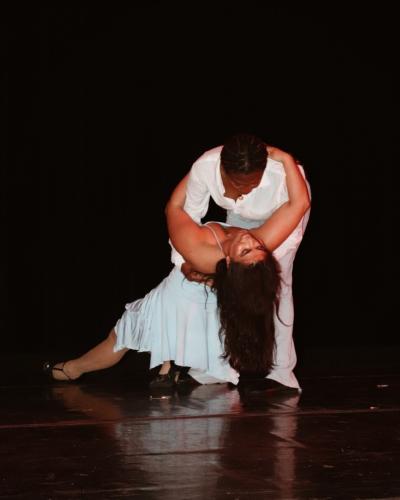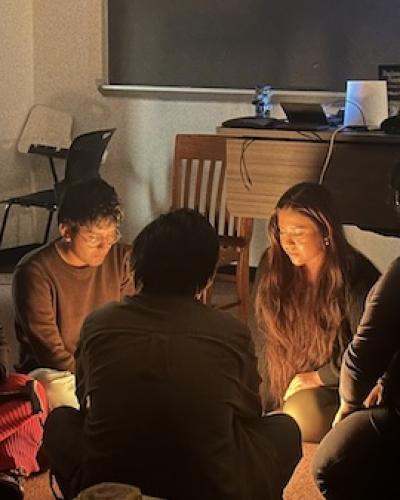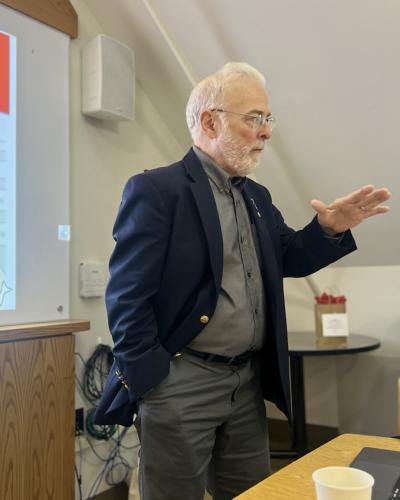 Department Homepage
The College of Arts & Sciences
Department Homepage
The College of Arts & Sciences
International collaboration results in play about borders
"Root Map" is an international collaboration that includes academics and artists with diverse cultural heritages across Asia, Africa, Europe, North America and South America.



